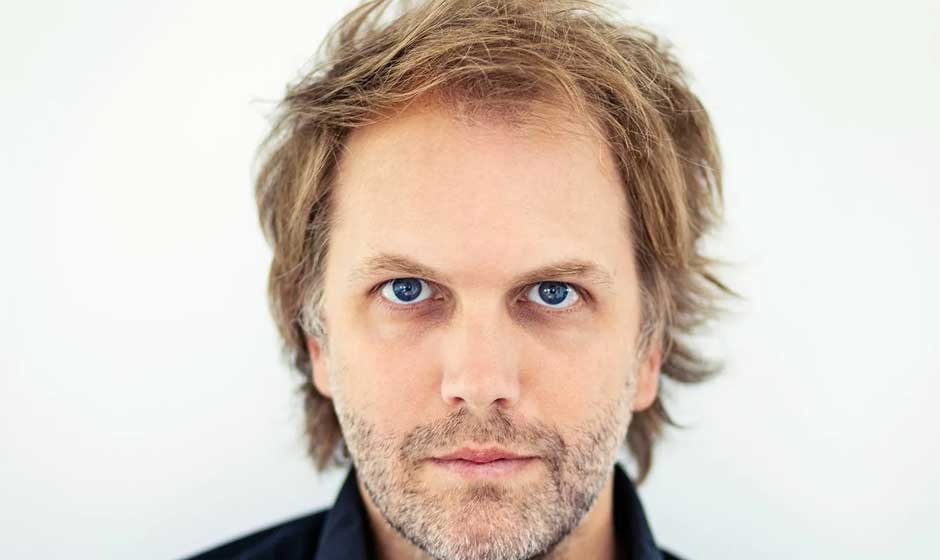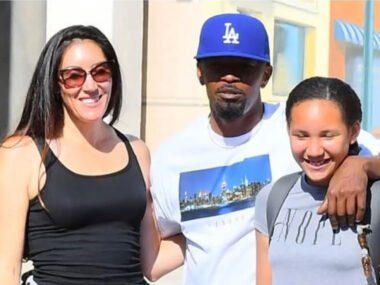The Unlikely Journey from Novelist to Acclaimed Filmmaker
Picture this: a French playwright who’d never directed a film before walking onto the Academy Awards stage in 2021. That’s exactly what happened when Florian Zeller accepted the Oscar for Best Adapted Screenplay for “The Father.” It was one of those moments that made you think, “How did we get here?”
Zeller didn’t follow the typical Hollywood path. No film school, no years of assistant directing. His route to that golden statue started in the quiet corners of Parisian bookshops and the intimate black box theatres where his plays first came to life.
Here’s what makes his story stick with you: the man turned his family’s most painful experience into art that speaks to everyone. When his grandmother battled Alzheimer’s disease during his teenage years, it planted a seed that would eventually bloom into some of the most powerful theatre and cinema of our time.
Early Life and the Defining Moment That Changed Everything
Growing up in Paris wasn’t exactly picture-perfect for young Florian Zeller. Born in 1979, he was the middle kid in a family where dad was always away working in Germany. His grandmother and mother basically raised him, which sounds tough but actually gave him something precious: a front-row seat to the complex dynamics of family life.
Then came the moment that changed everything. At 15, a severe asthma attack put him in a coma. Imagine being a teenager and suddenly facing your own mortality like that. Zeller later put it simply: “I think it’s at that moment that worry and writing entered my life.”
That brush with death did something to him. It’s like someone adjusted the lens through which he saw the world. Suddenly, he was hyperaware of how fragile everything really is. How quickly things can change. How memory works, and sometimes doesn’t.
Most kids his age were thinking about college and careers. Zeller started at Sciences Po, one of France’s most prestigious schools, but something felt off. So he did what most parents would consider crazy: he dropped out to become a writer. Talk about a leap of faith.
Building a Literary Foundation
At 22, most people are just figuring out how to do their own laundry. Florian Zeller published his first novel, “Artificial Snow.” Not bad for someone who was supposed to be studying political science, right?
But it was his third novel, “The Fascination of Evil,” that really put him on the map in France. This wasn’t just another young writer getting lucky. The book had this psychological depth that made critics sit up and take notice. When it got selected for the Prix Goncourt, France’s most prestigious literary award, people started paying serious attention.
What set Zeller apart from other novelists was his obsession with what goes on inside people’s heads. While other writers were crafting elaborate plots with exotic locations, he was mapping the geography of the human mind. Fear, doubt, longing – he could chart these territories like a psychological cartographer.
But here’s the thing about Zeller: he gets restless. By the mid-2000s, novels started feeling too… static. He wanted to see his characters move, breathe, interact in real time. Theatre was calling, and he was ready to answer.
Theatrical Breakthrough with “The Father”
When Florian Zeller wrote “Le Père” in 2012, he wasn’t just creating another play about aging. He was revolutionizing how theatre could make audiences feel. Drawing from his grandmother’s struggle with Alzheimer’s, he crafted something that would leave people emotionally wrecked in the best possible way.
Here’s what made “The Father” so different: instead of watching dementia happen to someone else, you experienced it yourself. The set became this living, breathing thing. Furniture would vanish. Rooms would shift. Familiar faces would become strangers. You weren’t observing confusion – you were living it.
When the play hit Paris, critics went wild. The London transfer in 2014, translated by Christopher Hampton, had British theatre critics reaching for superlatives. The Times called it “one of the greatest plays of the century.” That’s not the kind of praise you hear every day.
Kenneth Cranham’s performance in London was so powerful it earned him an Olivier Award. But honestly, the real star was Zeller’s structure. He’d figured out how to make the audience complicit in the protagonist’s confusion. You weren’t just watching someone lose their memory – you were losing yours too.
Frank Langella took the role to Broadway and won a Tony for it. That’s when you knew Zeller had created something universal. A French play about an old man with dementia was moving audiences from Paris to London to New York. That doesn’t happen by accident.
Mastering the Art of Adaptation
So you’ve written one of the most acclaimed plays of the decade. What do you do next? If you’re Florian Zeller, you decide to direct the film version yourself, even though you’ve never made a movie before. Bold? Absolutely. Crazy? Maybe. Brilliant? Definitely.
Working with Christopher Hampton again, Zeller faced the classic adaptation challenge: how do you make a stage play cinematic without losing what made it special? Most people would add car chases or outdoor scenes. Zeller did the opposite.
They decided to make the film even more claustrophobic than the play. Shot entirely in a studio, it gave Zeller complete control over the environment. He could make walls disappear, change room proportions, shift colors – all to replicate that disorienting experience of dementia.
Getting Anthony Hopkins on board was crucial, and the story of how it happened is pretty amazing. Zeller sent Hopkins the script in 2017 and waited. And waited. When Hopkins finally called, he committed “within five minutes.” That’s the kind of response every writer dreams of.
The genius move was changing the character’s name from André to Anthony. It let Hopkins bring something deeply personal to the role, connecting with his own mortality in ways that elevated the performance beyond just acting. You could see it in every scene – this wasn’t just Hopkins playing a character, it was Hopkins confronting what we all face eventually.
A Unique Creative Vision
You might not expect a French playwright to cite David Lynch as a major influence, but that’s exactly what makes Florian Zeller interesting. Lynch’s “Mulholland Drive” taught him that stories could work like “incomplete puzzles,” making audiences do the work of putting pieces together.
This shows up everywhere in Zeller’s work. In “The Father,” you’re constantly questioning what you’re seeing. Is it morning or evening? Has this conversation happened before? Why is Anthony in pajamas at dinner? These aren’t mistakes – they’re carefully constructed moments of uncertainty that mirror what dementia patients experience.
But here’s what’s remarkable about Zeller: he can be incredibly sophisticated without being cold or academic. His work has all this structural complexity, but it never loses its emotional core. The human heart is always at the center, even in his most experimental pieces.
That’s probably why his work translates so well across cultures. A French audience watching “Le Père” and an American audience watching “The Father” both see their own fears and family dynamics reflected back at them. Zeller focuses on the universal stuff – aging, memory, family dysfunction – that transcends specific cultural contexts.
Legacy and Future Impact
These days, Florian Zeller’s plays are performed in more than 45 countries. That’s pretty impressive for someone who started out writing novels in his early twenties. His upcoming film “Bunker,” starring Penelope Cruz and Javier Bardem, has people excited to see what psychological territory he’ll explore next.
In 2023, France gave him the Legion of Honor, putting him in company with legends like Robert Redford, Miles Davis, and Charlie Chaplin. That’s not just recognition for artistic achievement – it’s acknowledgment of his role in changing how we talk about aging and mental health.
Young playwrights and filmmakers study Zeller’s techniques now. His approach to adaptation has become a masterclass in how to move theatrical works to film without losing their power. That’s a legacy that goes beyond awards and accolades.
Maybe most importantly, Zeller has proven that audiences are hungry for sophisticated, emotionally honest storytelling. In a world often dominated by spectacle and superficiality, his success shows there’s still a deep appetite for work that challenges viewers while respecting their intelligence.
As he continues developing new projects, one thing seems certain: Florian Zeller’s ability to transform personal pain into universal art isn’t going anywhere. His voice will likely remain relevant for generations to come, continuing to help us understand the beautiful, terrifying complexity of being human.










